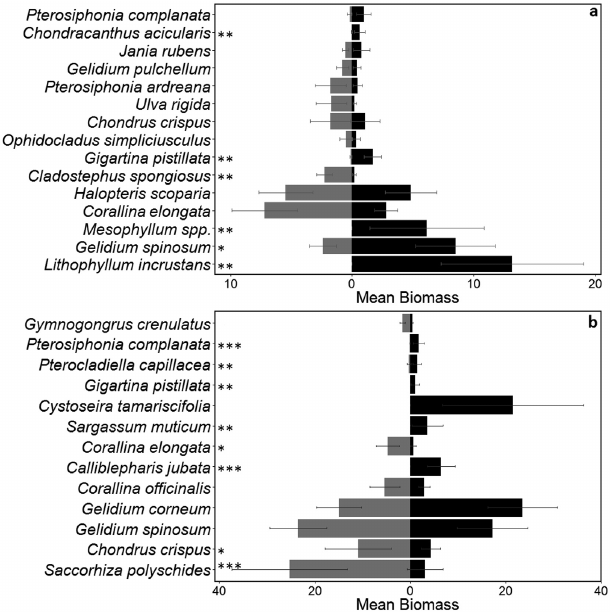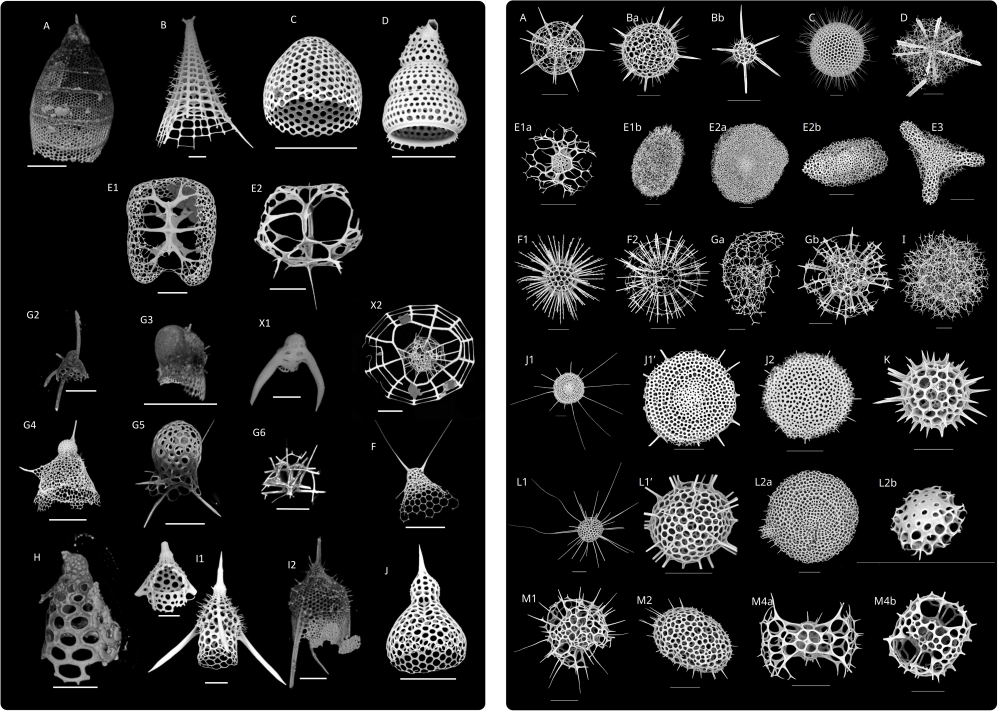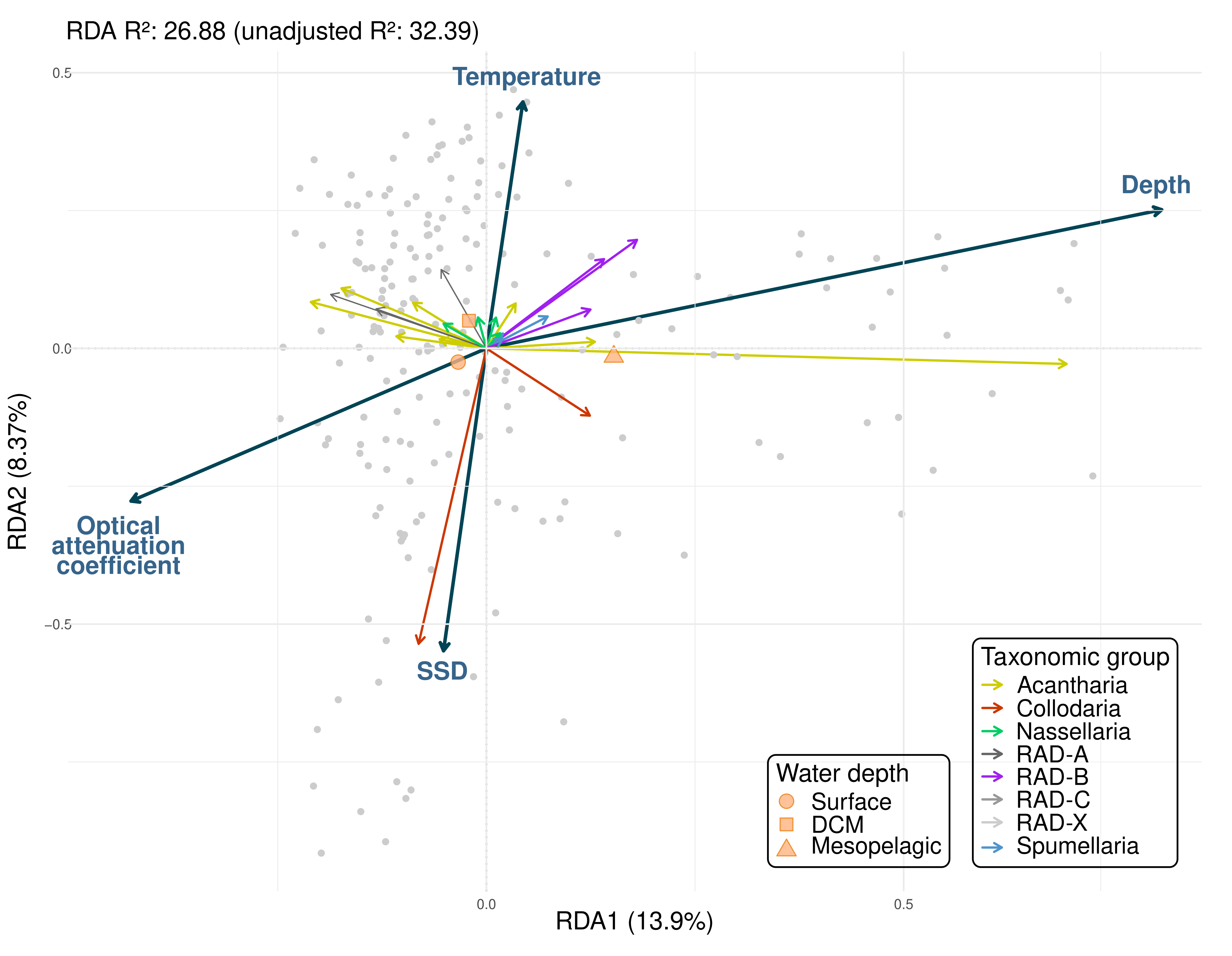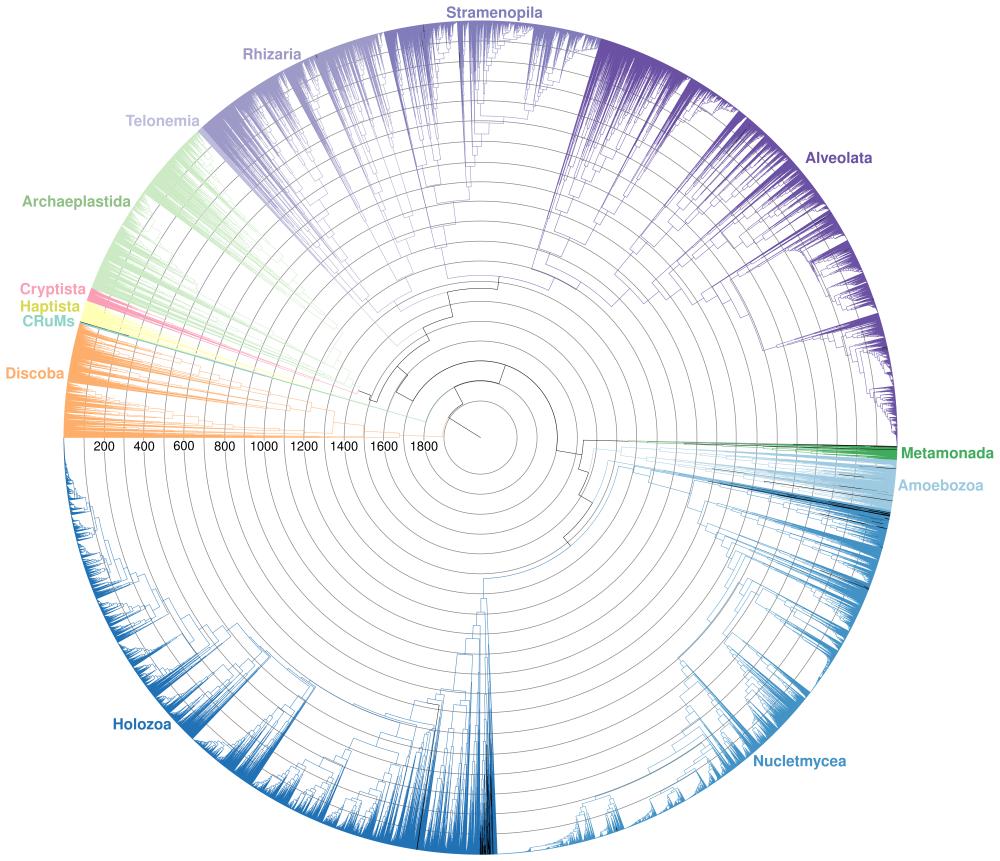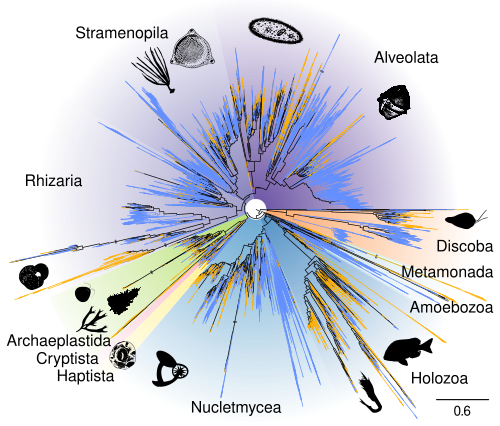BSc in Biology / MSc in Marine Biodiversity
Oviedo University (Spain) / Ghent University (Belgium)
My interests in ecology began during my bachelor studies in Biology, where I was actively involved in the ecology department at Oviedo University trying to understand macroalgal diversity and its relationships with the environment and other organisms. Next, I pursued an international Master in Science in Marine Biodiversity and Conservation, where I obtained insights on eukaryotic diversity in today’s oceans and different approaches for its exploration. After gaining this ecological background, I was deeply interested in understanding not only biotic and abiotic relationships, but also exploring how past interactions may have shaped current diversity. Therefore, I carried out a PhD thesis on the molecular evolution and diversity of a widely distributed protist group, the Radiolaria, with Fabrice Not as supervisor at the Biological Station of Roscoff.
